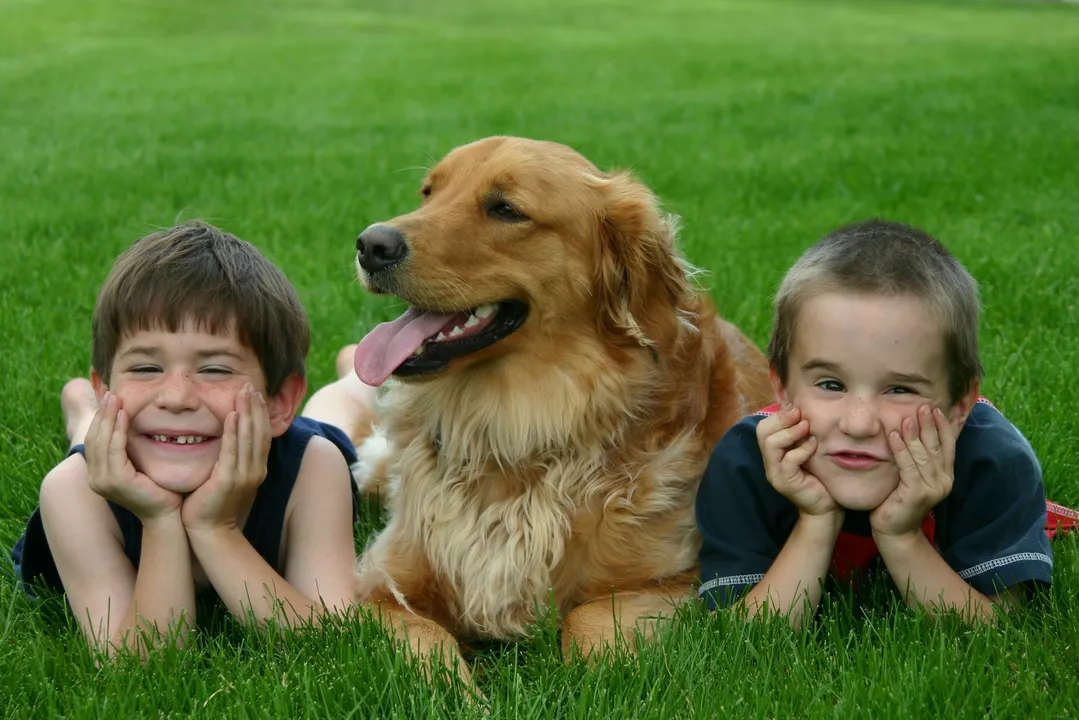Understanding Behavior Disorders in Children
Before we delve into the role of pets in helping children with behavior disorders, it is essential that we understand what these disorders entail. Behavior disorders in children refer to a range of emotional and behavioral difficulties that affect their ability to function in everyday life. Some common behavior disorders include attention deficit hyperactivity disorder (ADHD), oppositional defiant disorder (ODD), and conduct disorder (CD). These disorders can manifest in various ways, such as aggression, impulsivity, and difficulty in following rules and social norms.
Children with behavior disorders often struggle to form and maintain relationships with their peers and adults, leading to feelings of isolation and anxiety. As a result, it is crucial to provide these children with support and resources to help them navigate their challenges. One such resource that has shown great promise is the introduction of pets into their lives. In this article, we will explore how pets can play a significant role in helping children with behavior disorders improve their emotional and behavioral well-being.
Building Emotional Connections Through Pet Ownership
One of the most significant benefits of pet ownership for children with behavior disorders is the opportunity to form emotional connections. Due to their struggles with social interaction, these children often find it difficult to establish meaningful relationships with other people. Pets, however, provide a non-judgmental and unconditional source of love, comfort, and companionship.
Through interacting with their pets, children with behavior disorders can experience a sense of belonging and acceptance that they may not find elsewhere. This emotional connection can help them develop empathy, compassion, and a greater understanding of their own emotions, which can, in turn, improve their overall emotional well-being.
Teaching Responsibility and Nurturing Skills
Another important aspect of pet ownership is the responsibility that comes with caring for another living being. Children with behavior disorders can benefit greatly from the structure and routine that pet care requires. Feeding, grooming, and exercising their pets can teach children the importance of consistency and help them develop essential life skills.
Additionally, the act of nurturing a pet can instill a sense of pride and accomplishment in children with behavior disorders. This can boost their self-esteem and self-efficacy, leading to improved behavior and social interactions. Furthermore, as these children see the positive impact of their care on their pets, they may be more inclined to apply these nurturing skills to their relationships with others.
Providing a Calming and Soothing Presence
For children with behavior disorders, pets can act as a source of comfort and solace during times of stress or anxiety. The physical presence of a pet, such as stroking a dog or cat's fur, has been shown to lower stress levels and promote relaxation. This calming effect can be especially beneficial for children who struggle with emotional regulation and impulsivity.
Moreover, pets can serve as a healthy outlet for children to express their emotions and frustrations. Talking to a pet or engaging in play activities can help children release pent-up energy and emotions in a safe and non-threatening environment. This can contribute to a reduction in aggressive or disruptive behaviors and improve their overall emotional well-being.
Encouraging Socialization and Communication
Pets can also serve as social catalysts for children with behavior disorders, helping them develop and practice their communication and social skills. Pets often attract the attention of other people, which can provide opportunities for children to engage in conversations and make new friends. Moreover, the shared interest in pets can create a common ground for building relationships with others.
Furthermore, pets can provide a safe environment for children with behavior disorders to practice their communication skills. Talking to a pet can help children develop their vocabulary and express themselves more effectively, which can contribute to improved social interactions with others. As a result, pet ownership can lead to enhanced social and communication skills for children with behavior disorders.
Supporting Mental Health and Well-being
Last but not least, pets can play a crucial role in improving the mental health and well-being of children with behavior disorders. Research has shown that pet ownership can lead to increased levels of happiness, self-esteem, and overall life satisfaction. This positive impact on mental health can, in turn, contribute to improved behavior and emotional regulation in children with behavior disorders.
In conclusion, pets can serve as valuable allies in supporting the emotional, behavioral, and social well-being of children with behavior disorders. From providing unconditional love and companionship to teaching responsibility and nurturing skills, pets can help these children navigate their challenges and lead more fulfilling lives. As we continue to explore and understand the powerful bond between humans and animals, it is crucial to recognize and utilize the potential benefits of pet ownership for children in need of support and resources.

